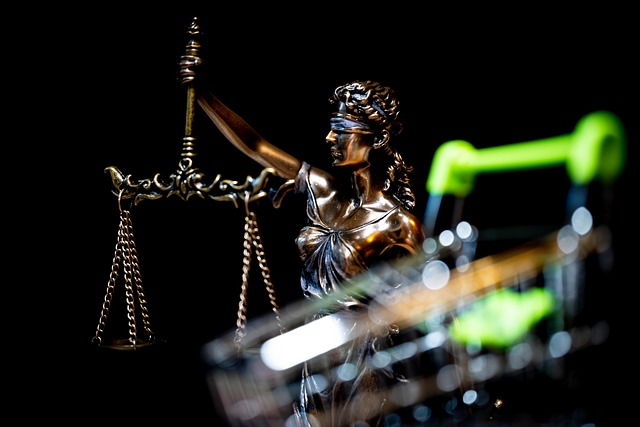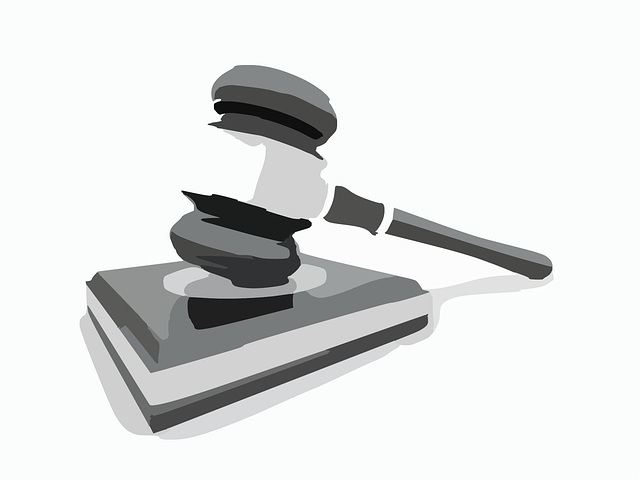Environmental crime trials balance accountability and reform for white-collar offenders by offering restorative justice and collaboration among stakeholders. Defense strategies leverage legal tactics and evidence to mitigate penalties, focusing on fairness, compliance, and procedural errors. Growing trends show stricter sentencing but successful defenses can secure favorable outcomes, promoting responsible corporate behavior and upholding environmental laws.
Environmental Crime Trials delve into the legal complexities of prosecuting crimes that harm ecosystems. This article explores a multifaceted approach to understanding these trials from a legal perspective, focusing on evidence and defense strategies. We also examine efforts to reform sentencing for white-collar offenders, with an emphasis on mitigating penalties. By analyzing these components, we aim to shed light on how the justice system navigates the challenges posed by environmental crimes, ultimately seeking fairness and accountability.
- Understanding Environmental Crime Trials: A Legal Perspective
- The Role of Evidence and Legal Strategies in Defense
- Reforming Sentencing: Mitigating Consequences for White-Collar Offenders
Understanding Environmental Crime Trials: A Legal Perspective

Environmental crime trials play a pivotal role in mitigating penalties for white-collar offenders, who often engage in activities that cause significant environmental harm. From an legal perspective, these trials aren’t merely about punishment; they serve as a mechanism to balance accountability with opportunities for rehabilitation and reform. By examining the complexities of these cases, we uncover strategies that can enhance collaboration across the country among law enforcement, prosecutors, defence attorneys, and philanthropic and political communities.
This holistic approach ensures that all stages of the investigative and enforcement process are conducted fairly and effectively. It encourages corporate responsibility by holding individuals and organizations accountable for their environmental transgressions while simultaneously offering paths to redemption through restorative justice measures. Ultimately, these trials not only punish past misdeeds but also foster a culture of sustainable practices moving forward.
The Role of Evidence and Legal Strategies in Defense

In Environmental Crime Trials, the presentation of compelling evidence and innovative legal strategies can significantly sway the outcome for defendants facing severe charges. With the stakes high in these cases, particularly concerning white-collar crimes, mitigating penalties becomes a paramount goal. A robust defense strategy must navigate complex legal landscapes, leveraging every available tool to build a strong case. This includes meticulous documentation, expert testimony, and clever interpretations of laws and regulations related to environmental protection. By presenting a comprehensive argument, defendants can achieve extraordinary results in jury trials, demonstrating their commitment to accountability while ensuring fairness.
The defense team’s expertise lies in uncovering vulnerabilities in the prosecution’s case, exposing any procedural or evidentiary shortcomings. They employ creative legal strategies tailored to the respective business practices under scrutiny, aiming to show compliance with environmental standards and good faith efforts to rectify past mistakes. Through these means, they strive to minimize damage control measures and mitigate penalties, ensuring a more balanced approach in line with the severity of the alleged offenses.
Reforming Sentencing: Mitigating Consequences for White-Collar Offenders

In environmental crime trials, one prominent area of focus is reforming sentencing practices to mitigate penalties for white-collar offenders. Historically, these cases have often resulted in lenient sentences compared to their impact on the environment and affected communities. However, there’s a growing trend towards more stringent punishments tailored to the severity of the offense, aiming to hold individuals and corporations accountable while encouraging responsible corporate behavior.
A winning challenging defense verdict is not the norm in these trials, as prosecutors present compelling evidence of harm caused by fraudulent activities or negligence. Yet, with effective legal strategies that highlight the unique circumstances and potential for rehabilitation, defendants can secure more favorable outcomes. This approach benefits not just the respective businesses but also fosters a sense of justice within philanthropic and political communities, ensuring environmental laws are respected and upheld.
Environmental crime trials play a pivotal role in holding perpetrators accountable and ensuring justice for ecological crimes. By understanding the legal framework, employing strategic evidence collection and defense tactics, and advocating for reform in sentencing practices, especially for white-collar offenders, we can effectively mitigate penalties and foster more sustainable outcomes. This comprehensive approach, encompassing education, advocacy, and reformed policies, is essential to addressing environmental criminality and promoting ecological preservation.






